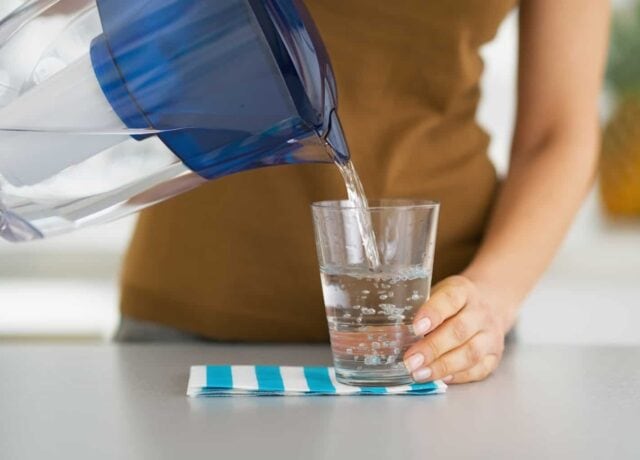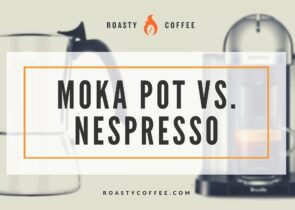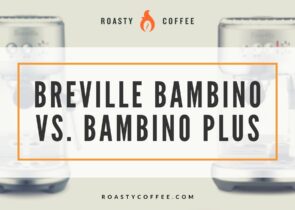What do you look for in an exceptional cup of coffee? We’re not talking about just a good cup of coffee, and we don’t mean a great cup of coffee, either. We mean the cream of the coffee crop — java that skips the ordinary and shines in all aspects, from the way it’s grown to its rich flavor in your cup.
While achieving a truly exceptional cup of morning coffee at home does require some skill, regardless of the brewing method you use, that incredible first, second, and third (and fourth…fifth…you get the idea) cup of delicious coffee is made possible long before the beans ever entered your kitchen.
A few crucial factors go into producing the best possible coffee beans, and in turn, the best-tasting cup of coffee:
- the type of coffee that’s grown
- where the coffee is grown
- how the coffee is grown
- how the coffee cherries are picked, washed, and processed
- whether or not chemicals are used
- the standards by which the coffee is tested
- how the coffee is roasted
Today, we’re highlighting two organic coffee brands we think recognize the importance of these factors, and the products they produce prove our point. And chances are, if you’ve already spent any time hunting for the best cup of joe and good organic coffee beans (and let’s face it, you probably have…), you’ve already heard of the brands we’re going to look at: Lifeboost Coffee and Purity Coffee.
Each coffee company has much in common with the other, namely the goal of creating healthy coffee (beans that are good for you, safely grown, and well taken care of) but at the end of the day, which bag of beans makes the best cups of coffee” Which brand stands out above the other?
Here, we’ll look at all of the previously mentioned aspects, plus things like price, selection, and services provided to, for once and for all, determine a champion in this battle of the bests.
Let’s start with Lifeboost!
Lifeboost Coffee
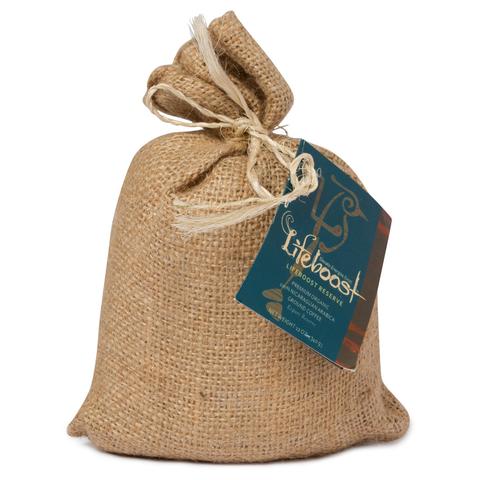
Lifeboost Coffee
Enjoy delicious, healthy, single origin, chemical-free, non-GMO coffee from small farms in the mountains of Nicaragua.
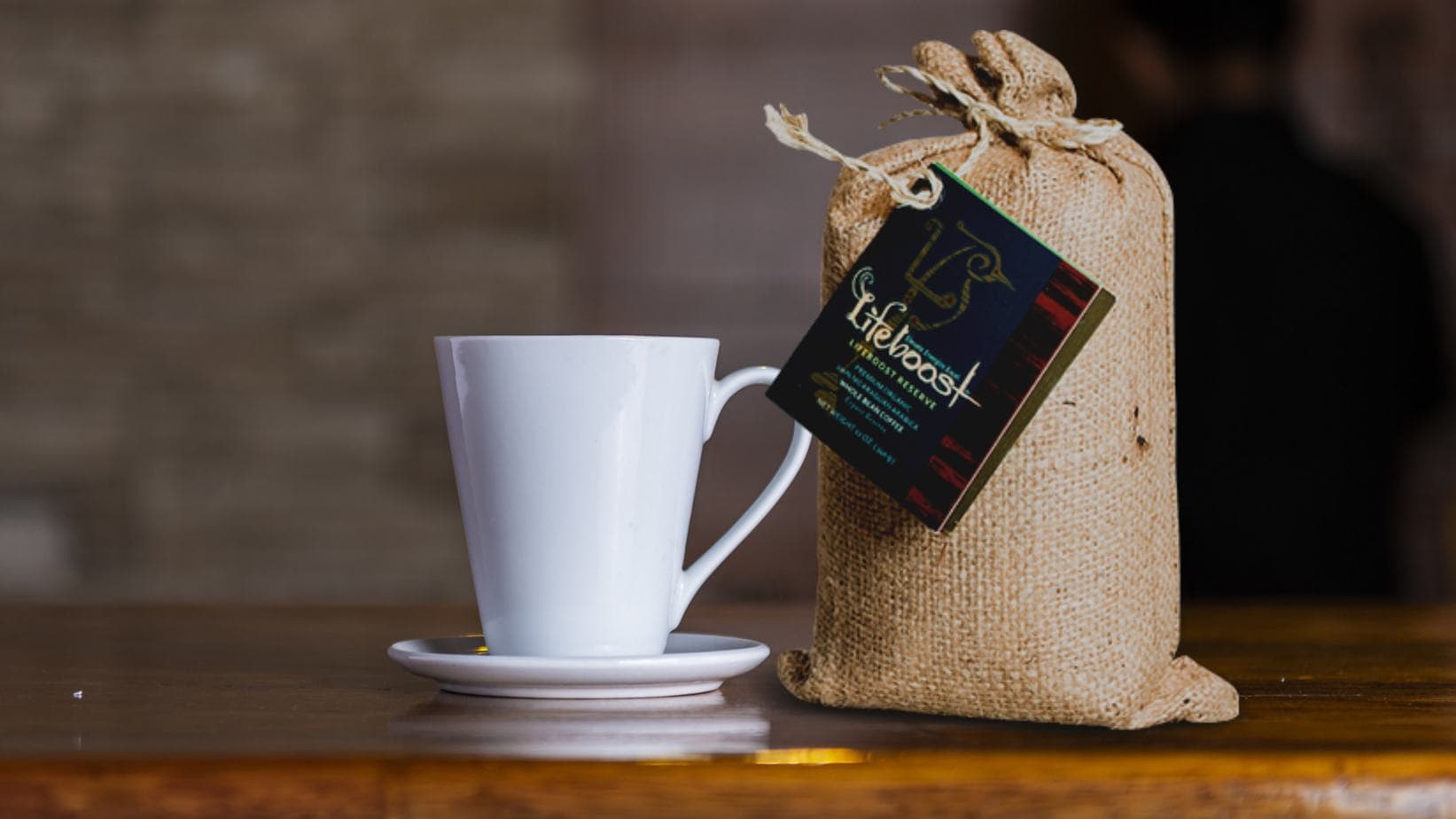
Like most superior quality coffees, you won’t find Lifeboost Coffee among the bags of whole bean coffee in your local or large chain grocery stores. You’ll have to venture online to the brand’s website to make your purchase, and there front and center on the webpage, you’ll find a list of the company’s standards for their coffee products.
We’ll break those down for you one by one:
Specialty
Lifeboost Coffee uses 100 percent specialty organic arabica beans, which means that each green coffee bean is free of defects or faults. Such coffees also pass grading and cupping tests, which results in higher quality than some other commercial coffees.
Sustainably Grown
Lifeboost Coffee is fair trade, and farmers are supported with a fair wage. The environment where the coffee is grown is enhanced rather than endangered, plus, the company donates a portion of all its profits to protect the land and wildlife in the areas where the coffee is grown.
You’d be surprised what a difference sustainability makes in the coffee drinking experience. We’re convinced a good cup of brew tastes even better when you know everyone involved in producing it was treated well!
Single Origin
Lifeboost sources only the purest single-origin coffee the company can find, meaning every bean is of the same high quality and comes from the same producer, crop, and region. All of the coffee is also roasted and processed the same way.
The company’s use of such beans makes way for a flavor profile that’s specific to the region, climate, soil, altitude, shade, and farming practice in which they are grown.
Lifeboost’s gourmet coffee lineup doesn’t include blended selections, as this practice can introduce lesser quality coffee and the chemicals used to produce them into your beloved bag of beans.
Shade Grown
Lifeboost Coffee is grown in the mountain rainforests of Nicaragua. Naturally shaded in this environment, the coffee is grown to maturity without man’s intervention or modification, benefitting instead from a steady climate, native wildlife, and a canopy of shade provided by the lush rainforest trees.
Growing coffee this way not only helps the surrounding environment by negating the need for deforestation (as is common in sun-grown coffee plantations), but it also means there’s never a need to use pesticides or chemical fertilizers in the coffee-growing process, resulting in a healthier, more nutrient-dense, richly flavored, and clean cup of coffee.
Mountain Grown
As mentioned above, Lifeboost’s coffee is grown in Nicaragua’s mountain rainforests. This location plays a key role in both the health and flavor of the coffee.
Grown at 5,700 feet above sea level, the coffee develops and ripens at a much slower rate in this cool climate, which allows for maximized flavor in the beans. This also means they absorb more nutrients — especially antioxidants — throughout the growing process.
GMO-Free
Being GMO-free means the genetic makeup of Lifeboost’s coffee is never altered. The brand’s coffee is 100 percent chemical-free and free of man’s intervention or modification.
Mycotoxin Free
Unfortunately, many foods are contaminated with molds (or mycotoxins produced by those molds), and coffee is no different. That’s why it’s worth noting that Lifeboost’s coffee is mycotoxin-free.
Here’s how:
- Growing: By using single-origin beans grown at high elevations, the ability for mold (and therefore, mycotoxins) to occur is greatly reduced.
- Harvesting: Lifeboost Coffee is hand-selected. This means every coffee bean is inspected individually and selected with premium ripeness and quality in mind.
- Processing: Lifeboost uses a wet and dry process with slight variations that ensure mycotoxin avoidance.
- Washing: The coffee is washed in pure mountain spring water, then the variations mentioned above come into play. While some companies allow fermentation to occur in this process, Lifeboost skips this step to keep mycotoxins out by incorporating a mechanical process (forced demicuilage) without fermentation.
- Drying: After the beans are washed and pulped, they’re sun-dried to eliminate any molds that formed when the beans were exposed to the water.
- Testing: Lifeboost Coffee is lab-tested for quality, molds, moisture content, consistency, and more before it’s ever roasted.
- Roasting: During the roasting process, all bacteria, fungi, molds, and mycotoxins (if any remain) are eliminated.
- More testing: As a final precaution, each shipment of coffee is tested by the Agriculture Department before being cleared. If any mycotoxin is detected, the coffee won’t be shipped.
Low Acid
Most coffees are acidic with a pH level of 4.85. Lifeboost, on the other hand, is a low acid coffee option with a pH level ranging between 5.5 and 6.
Selection
Lifeboost offers a wide variety of coffees with each selection meeting the standards above.
Classic roasts, such as light, medium, and dark, are offered, but the roasting spectrum is extended a bit with espresso coffee and the brand’s darkest roast, Midnight.
The company also offers a vast selection of flavored coffees — more than 30 options, to be exact. Customers can choose from classics, like French vanilla and hazelnut, to holiday favorites like peppermint mocha, eggnog latte, and pumpkin spice. There’s even cinnamon cappuccino, s’mores, and bourbon barrel-aged.
Lifeboost also offers a limited collection of coffees where customers can purchase rare and exotic coffees, including but not limited to Java Blue and Ethiopian Yirgacheffe.
Plus, you can purchase decaf versions of your favorite Lifeboost brews, too. With health and high standards in mind, the company incorporates the 100 percent chemical-free Swiss Water Process to achieve decaffeination. This process ensures the coffee’s flavor and complexity without compromise, and no flavors from the alternative or commercial chemical processing end up in the coffee.
And because Lifeboost keeps health in mind, there’s also a probiotic-enhanced coffee, plus a specially-designed, health-supporting creamer you can add to your morning cup.
Taste
Lifeboost boasts a rich, delicious, and full-bodied flavor with an ultra-smooth finish and aftertaste. Customer reviews echo those sentiments continually, with many people also noting a marked difference in its smooth flavor and physical effects, noting no digestive issues with the health-conscious coffee (as those are common concerns with other coffees).
Pricing and Guarantee
Single 12-ounce bags of classic roasts and flavored selections from Lifeboost start at $34.95, with enhanced or exotic selections ranging in price from $39.95 to $50. There are also single-serving coffee pods priced at $30 for 10 servings.
If you’re a fan of savings (and who wouldn’t be?), Lifeboost offers numerous opportunities to save money through coffee subscriptions, where customers can save 30 percent, and bundled packages that result in a more than 20 percent discount.
And for your peace of mind, Roasty reader, every order comes with a 30-day, 100 percent satisfaction money-back guarantee.
Purity Coffee
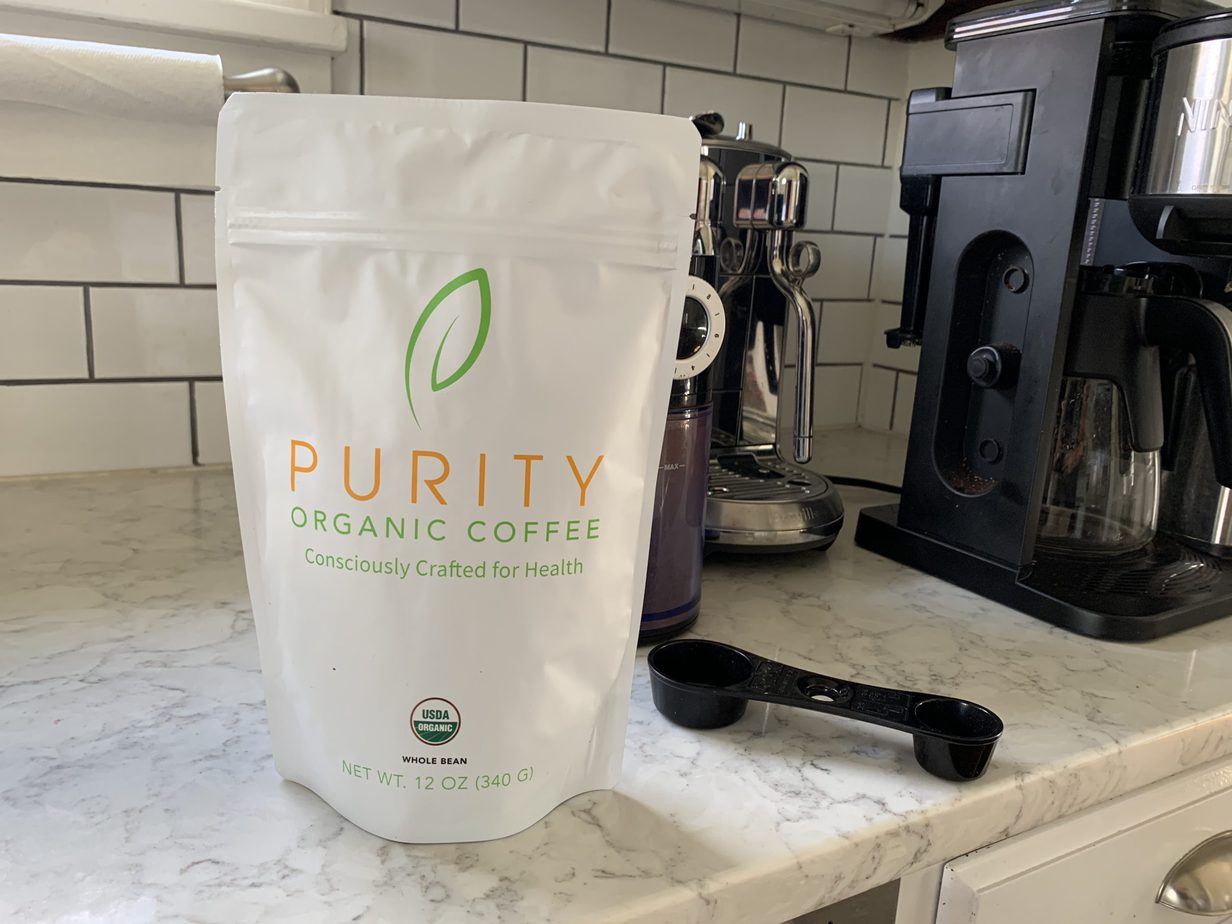
Purity Coffee
Due to the quality of the coffee, the flavor notes of cocoa, English walnuts and citric fruits resonated clearly. A long, clean aftertaste continues to remind us of the care that went into the making of this coffee.
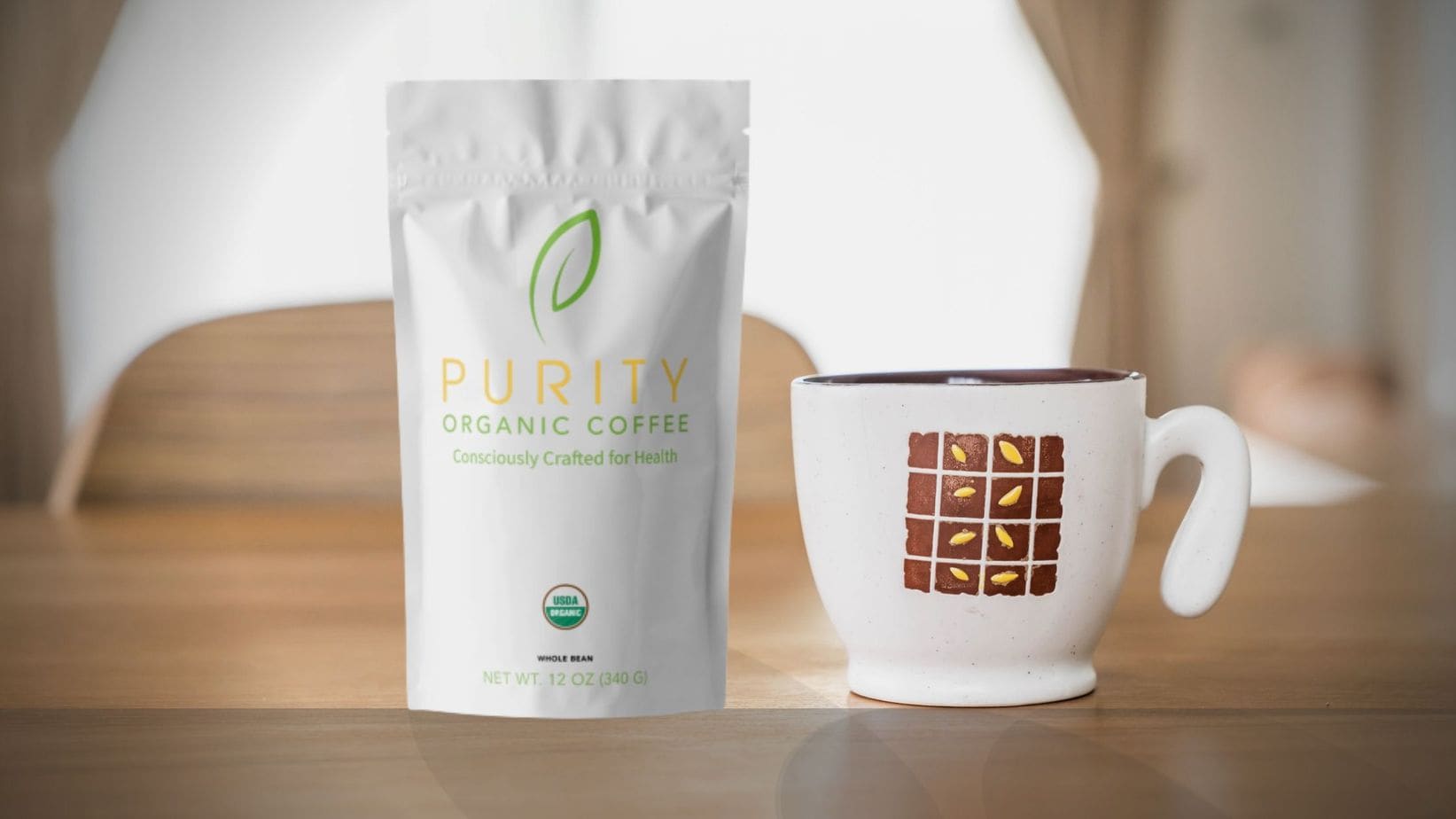
Another superior quality java you won’t find alongside your local grocery store’s conventional coffee choices is Purity Coffee. Like Lifeboost above, Purity takes your health — and in turn, your coffee’s selection and processing — very seriously.
To make healthy, great-tasting brew a reality, Purity Coffee utilizes a signature three-step process for coffee production: health profile, roasting protocol, and freshness. Because we like to be as thorough as possible, we’re going to break down each step.
Health Profile
Purity begins by sourcing beans from around the world, including Indonesia, Ethiopia, and Brazil. The selected beans must always meet the standards of the Purity Health Profile, where the coffees are always:
- Organic: Purity Coffee’s beans are produced following approved methods that integrate cultural, biological, and mechanical practices. These methods promote ecological balance, including the cycling of resources and conserving biodiversity.
- Specialty Grade: Purity’s starting point for coffee begins with making sure there are zero defects in the green beans. This results not only in a better-tasting brew but also one that ranks high in meeting the consumer’s health needs.
- Molds/Mycotoxins: This standard was also established with health in mind. Purity Coffee tests at each step in the supply chain to ensure coffee beans are always free of contamination and never contain molds or the mycotoxins they often form.
- Sustainably Sourced: This means Purity only sources sustainably grown coffee, which involves growing practices that satisfy human needs, enhance environmental quality and the quality of life for the coffee farmers, and efficiently use non-renewable resources.
- Taste: Purity boasts succulent coffee, and this is probably because their production process involves having industry-recognized cuppers taste a selection of coffees that fit their profile. From there, the brand selects only the best of the brews. The industry cuppers usually describe the company’s coffee as smooth, delicious, and tasty, and customers tend to agree.
Roasting Process
Each batch of beans selected by Purity (only after meeting their health standards, of course) is tested for antioxidant, asparagine, and levels of mycotoxins. From here, a batch-specific roasting profile aimed at maximizing health benefits and minimizing risks is created.
This challenging process is dynamic, as Purity Coffee seeks to produce consistently roasted coffee year after year.
The company’s focus here is on health-related compounds, with the goal of being the highest in antioxidant compounds and maximizing chlorogenic acids.
Achieving these goals involves preparation, organization, documentation, and sending off samples for testing where scientists evaluate the data and develop standards for continuous improvement.
Purity Freshness
The last of the three-step process involves keeping the coffee as fresh as possible.
During this step, Purity employs the most current practices in the coffee industry to keep the antioxidants in the coffee from degrading and its oils from turning rancid. This guarantees when your bag of beans arrives on your doorstep, they’ll be as fresh as they were the day they were roasted.
Other Things to Keep in Mind
Acidity
Purity Coffee seeks to achieve a pH level of 4.95 to 5.05 in their products, as the company and its experts feel this balance is best for their selections.
Selection
The company has whole bean offerings in original, dark roast, Founder’s roasts (hailing from Brazil and Nicaragua), and a Founder’s blend (made of beans sourced from Colombia).
The decaffeinated selection is also produced with the 100 percent chemical-free Swiss Water Process, which ensures that while the caffeine is removed, the delicious and complex coffee flavors are maintained.
Price
If you order your bags of coffee beans from Purity’s website, you’ll find the brand’s 12-ounce selections are priced at $20, with a $2 savings on monthly subscriptions. Founder’s roasts are $30 for a 17.6-ounce bag of beans, and the brand’s single-serve options are priced at 12 servings for $18, with a 10 percent savings on monthly subscriptions.
If you’re the type to buy in bulk, there are five-pound selections available for a higher price point with a 10 percent discount for subscription holders.
Wrap Up

Lifeboost Coffee
Enjoy delicious, healthy, single origin, chemical-free, non-GMO coffee from small farms in the mountains of Nicaragua.

Purity Coffee
Due to the quality of the coffee, the flavor notes of cocoa, English walnuts and citric fruits resonated clearly. A long, clean aftertaste continues to remind us of the care that went into the making of this coffee.
Both Lifeboost Coffee and Purity Coffee are brands that aim to keep health, quality, and taste at the forefront of their missions; just a single sip of each brew bears evidence of this.
Purity and Lifeboost products begin life as organic specialty arabica beans that are sustainably farmed, and each company ensures they all go through rigorous testing to make sure they’re mold and mycotoxin-free.
This is all fine and good, and it’s definitely enough information to give both Lifeboost and Purity Coffee drinkers peace of mind about the joe they’re consuming.
Though the products have a lot in common, we’d probably break down our recommendations this way:
If larger flavor selections and varieties are important to you, start with Lifeboost. They’ve got tons of different roasts and even some seasonal flavors to keep things exciting.
And their single-origin beans, gaining depth of flavor and intense nutrient content as they mature at high altitudes in the Nicaraguan mountain rainforests. This, combined with the incredibly low acid content and overall smooth taste, makes it a great place to start.
On the flip side, we like how Purity Coffee usually gives better pricing for their organic coffee. You can also buy a 5 lbs. bag which is nice if you prefer buying in bulk and saving a little more. So if budget is top of mind, maybe Purity is a better choice for you.
Happy Caffeinating!


